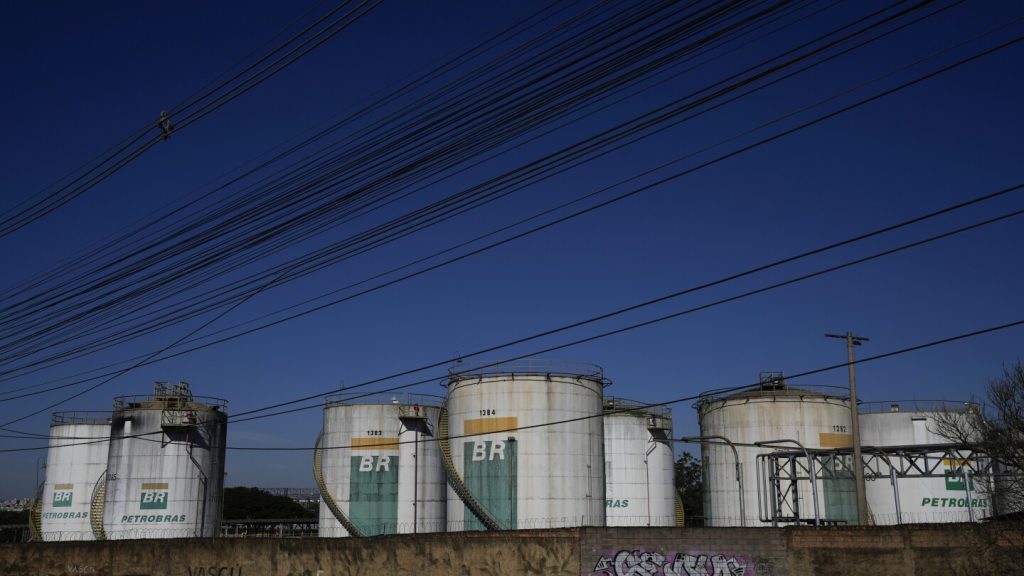The head of Brazil’s state-controlled oil and gas giant Petrobras has resigned amid tensions with the federal government, led by President Luiz Inácio Lula da Silva. The decision not to pay extraordinary dividends earlier this year strained relations between Petrobras CEO Jean Paul Prates and President Lula, leading to Prates’ departure. This move caused Petrobras’ shares to drop by as much as 9%, prompting Lula to inform Prates of his dismissal. Prates, a former senator for the ruling leftist Workers’ Party, will be replaced by engineer Magda Chambriard, who has a more nationalist vision for Petrobras.
With the Brazilian government holding a controlling stake in Petrobras, conflicts between national interests and those of minority shareholders are common. Magda Chambriard is expected to prioritize national interests over shareholder interests, in contrast to Prates’ more market-focused vision. The appointment of Chambriard as the new CEO signifies a shift in strategy for Petrobras, which may impact the company’s value creation moving forward. Chief Financial Officer Sergio Caetano Leite will also step down, with current finance executive manager Carlos Alberto Rechelo Neto serving as interim CFO.
The market reaction to Prates’ departure was significant, with Petrobras’ shares falling by 7% following the announcement. This change in leadership comes at a critical time for the company, as it navigates the challenges of the oil and gas industry amidst economic and political uncertainties. The Brazilian government’s influence on Petrobras’s decision-making processes has been a point of contention, as demonstrated by the tension between Prates and President Lula over the distribution of dividends to shareholders.
The new leadership at Petrobras, under Magda Chambriard and interim CFO Carlos Alberto Rechelo Neto, will need to address these issues while steering the company through a period of transition. The appointment of Chambriard, who previously served as a director of Brazil’s oil and gas regulator ANP, suggests a shift towards a more nationalistic approach to management. This change in direction may impact the company’s relationship with private investors and minority shareholders, who may have differing expectations for Petrobras’ future strategic priorities.
Investors will be closely watching the developments at Petrobras as the new leadership team takes charge. The company’s performance in the coming months will be crucial in determining its long-term prospects and value creation potential. As Brazil’s largest oil and gas producer, Petrobras plays a significant role in the country’s economy and energy sector. The decisions made by the new CEO and CFO will have implications not only for the company but also for Brazil’s overall energy security and economic stability.


